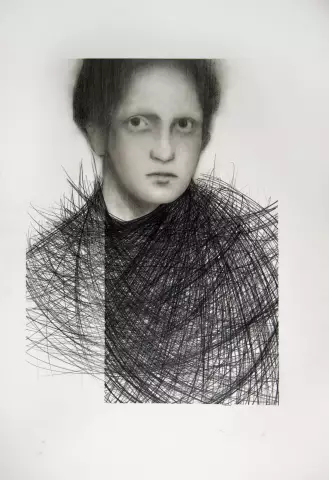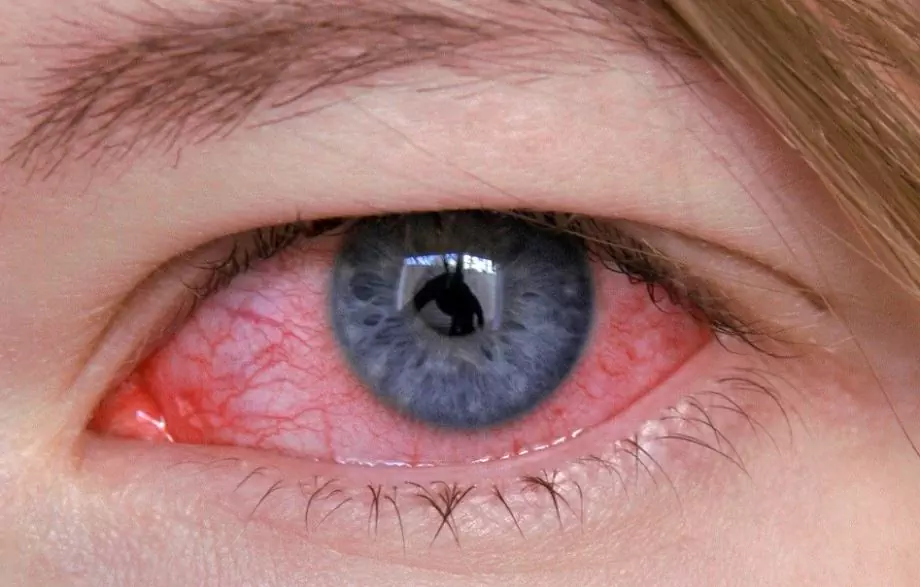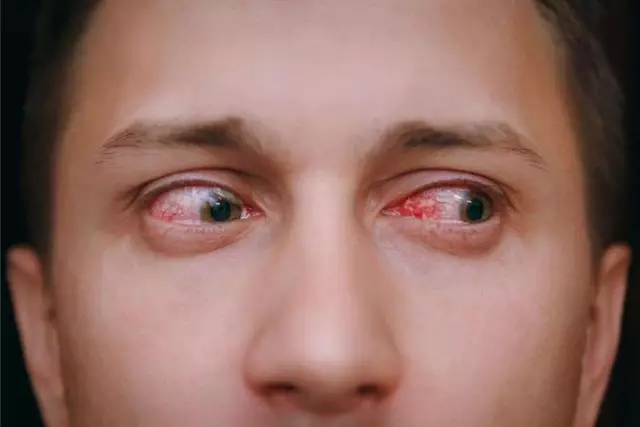- Author Rachel Wainwright wainwright@abchealthonline.com.
- Public 2023-12-15 07:39.
- Last modified 2025-11-02 20:14.
Obsession
Obsessions are obsessive thoughts, ideas or representations that arise involuntarily at different intervals. Fixation on such devices causes distress in a person (prolonged negative stress).

Obsessions exist in their pure form or are combined with compulsions, which are compulsive behavior. Sometimes, against the background of obsessive states, phobias, or irrational fears develop.
Reasons for obsessions
At the moment, there are no reliable reasons to explain the origin of obsessive thoughts. However, there are several hypotheses that shed light on the emergence of obsessions:
- Biological. Includes diseases and anatomical features of the autonomic nervous system and the brain;
- Genetic. In this case, obsessions are based on increased genetic concordance (the presence of certain traits in both twins);
- Psychological. According to this hypothesis, obsessive thoughts appear with accentuations (features) of character or personality, under the influence of family, gender or production factors, as well as as a result of the influence of sociological and cognitive theories (for example, strictness in church education).
Obsessions can worsen after physical illness, flu, childbirth, or during breastfeeding. Their appearance, as a rule, is sudden, and the duration varies from short-term outbreaks to protracted chronic conditions.
Signs and symptoms of obsessions
In order to get rid of obsessions, you should correctly and timely diagnose such conditions. Here are just the main symptoms that indicate the possible presence of obsessive thoughts and ideas in a person:
- Redness or pallor of the skin;
- Cold sweat;
- Bradycardia and tachycardia;
- Dyspnea;
- Frequent dizziness;
- Polyuria;
- Enhanced intestinal peristalsis;
- Faintness.
With obsessions, not only the character but also the personality of the patient changes as a whole. Patients become anxious, suspicious, indecisive, shy, impressionable, fearful, timid, insecure.
Treatment of obsessions is closely related to mental illnesses such as schizophrenia or psychosis, as obsessional syndrome often occurs with them. The distinctive features of schizophrenia are the suddenness, lack of motivation and incomprehensible content of the actions performed.
How to deal with obsessions
Appropriate treatment helps to get rid of obsessions, which includes etiological (eliminates the causes traumatizing the patient) and pathogenetic (effectively affects the pathophysiological links) therapy.
One of the good treatments for obsessions comes from cognitive behavioral therapy. It lies in the fact that a person is made to understand which of his fears and fears are justified, and which are completely unjustified. This is the so-called analysis of all obsessive images and thoughts and their differentiation into real ones and those caused by the disease. Over time, the patient can completely get rid of obsessions.

Other methods of treatment include exposure psychotherapy, hypnosis, autogenic training, as well as methods of suggestion and self-hypnosis. Psychoanalysis has also proven itself well.
Medication for obsessions includes the use of antidepressants (citalopram, fluoxetine), tranquilizers (diazepam, phenazepam), and antipsychotics (quetiapine, risperidone).
Physiotherapy is indicated for patients: rubdowns, warm baths, a ventilated room, cool compresses on the head, electrophoresis, bathing in sea water, darsonvalization.
With obsessive syndrome, occupational therapy, travel, interesting activities, good rest, as well as taking vitamins and minerals are recommended.
It is usually possible to deal with obsession by learning to control its manifestations, although this is quite difficult, and difficulties in learning to control the condition arise both for the patients themselves and for the attending physicians.
YouTube video related to the article:
The information is generalized and provided for informational purposes only. At the first sign of illness, see your doctor. Self-medication is hazardous to health!






